The wisdom of Australia’s Indigenous elders is a profound and often overlooked treasure trove of knowledge, spirituality, and cultural resilience. These elders are the custodians of the world’s oldest continuous living culture, with traditions stretching back over 65,000 years. Their role extends far beyond mere leadership; they are the keepers of stories, the mediators of conflict, and the bridge between the past and the future. In a rapidly modernizing world, their voices carry lessons that are more relevant than ever.
The role of an Indigenous elder is not one that is self-appointed or easily attained. It is a position earned through a lifetime of learning, service, and deep connection to community and country. Elders are revered not just for their age, but for their wisdom, their ability to guide, and their unwavering commitment to preserving cultural practices. They hold intimate knowledge of the land, its seasons, and its stories—knowledge that has been passed down orally through countless generations. This is not merely historical data but a living, breathing guide to sustainable living and spiritual harmony.
One of the most critical aspects of an elder’s role is the transmission of cultural knowledge. In Indigenous communities, education is not confined to classrooms or textbooks. It is an immersive, lifelong process that unfolds through ceremony, song, dance, and storytelling. Elders are the primary teachers in this system, ensuring that the younger generations understand their responsibilities to the land, their ancestors, and each other. This form of education fosters a profound sense of identity and belonging, something that has been systematically eroded by colonization and forced assimilation policies.
The spiritual dimension of an elder’s role cannot be overstated. They are often the mediators between the physical and spiritual worlds, conducting ceremonies that maintain the balance between humans and nature. Dreamtime stories, which explain the creation of the world and the laws that govern it, are shared by elders to instill moral and ethical frameworks in their communities. These narratives are not myths in the Western sense but foundational truths that shape every aspect of life, from hunting practices to conflict resolution.
Yet, the challenges facing Indigenous elders today are immense. The legacy of colonization—land dispossession, the Stolen Generations, systemic racism—has left deep scars. Many elders have witnessed the fragmentation of their communities and the erosion of their cultural practices. Despite this, they have shown remarkable resilience, working tirelessly to revive languages, reclaim land, and heal intergenerational trauma. Their efforts are not just for their own people but for all Australians, offering a model of sustainability and interconnectedness that the wider society desperately needs.
In recent years, there has been a growing recognition of the value of Indigenous knowledge systems, particularly in environmental management. Elders have been at the forefront of movements to protect sacred sites and biodiversity, drawing on millennia of observation and practice. Traditional fire management techniques, for instance, have been adopted by government agencies to prevent catastrophic bushfires. This is a powerful testament to the relevance of Indigenous wisdom in addressing contemporary challenges.
However, recognition alone is not enough. For true reconciliation to occur, the voices of Indigenous elders must be centered in policymaking and national discourse. Too often, their insights are tokenized or ignored altogether. Respecting their authority means not only listening but also providing the resources and platforms needed for their leadership to flourish. This includes supporting Indigenous-led education programs, land rights initiatives, and health services that incorporate traditional healing practices.
The resilience and generosity of Indigenous elders are perhaps their most striking qualities. Despite centuries of marginalization, they continue to offer their wisdom to anyone willing to listen. Their message is one of unity, respect, and reciprocity—principles that could transform not only Australia but the world. As climate change accelerates and social inequalities widen, their call for a more harmonious relationship with the earth and each other has never been more urgent.
Ultimately, the elders remind us that the past is not something to be left behind but a guide for the future. Their knowledge is not static; it evolves while remaining rooted in ancient truths. To honor them is to recognize that their survival is our survival, their wisdom our collective inheritance. In a time of profound uncertainty, their voices offer a path forward—one that is grounded in respect, humility, and a deep connection to the land we all share.
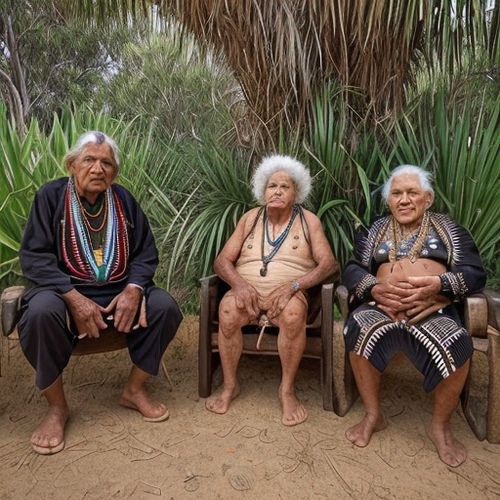
By Sophia Lewis/Apr 19, 2025
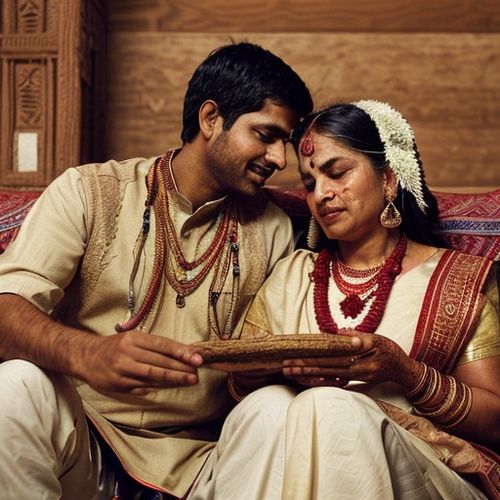
By Joshua Howard/Apr 19, 2025

By Laura Wilson/Apr 19, 2025

By James Moore/Apr 19, 2025
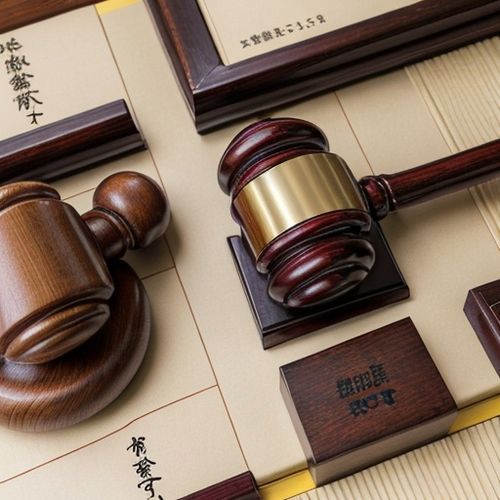
By Eric Ward/Apr 19, 2025

By Ryan Martin/Apr 19, 2025
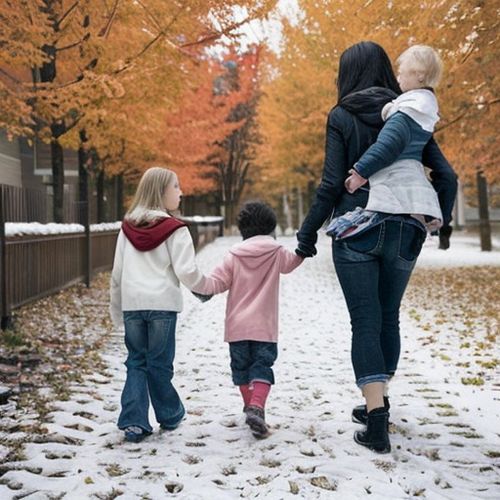
By Elizabeth Taylor/Apr 19, 2025
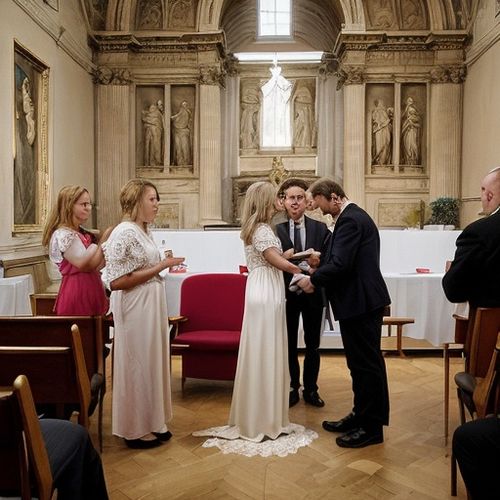
By Samuel Cooper/Apr 19, 2025
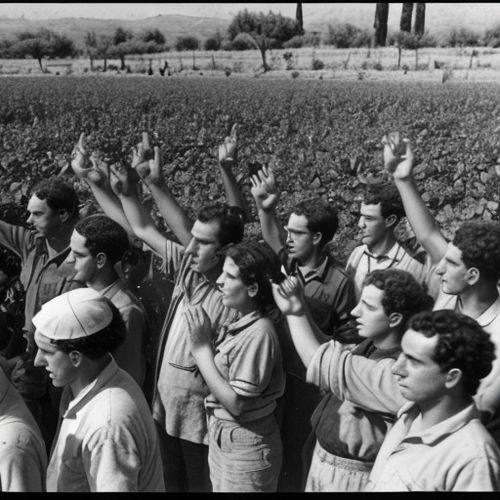
By Benjamin Evans/Apr 19, 2025
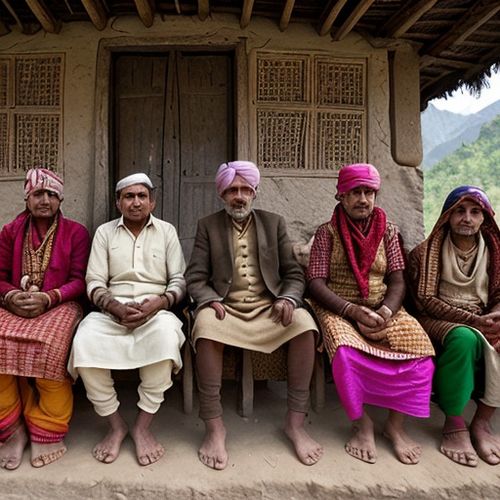
By Christopher Harris/Apr 19, 2025
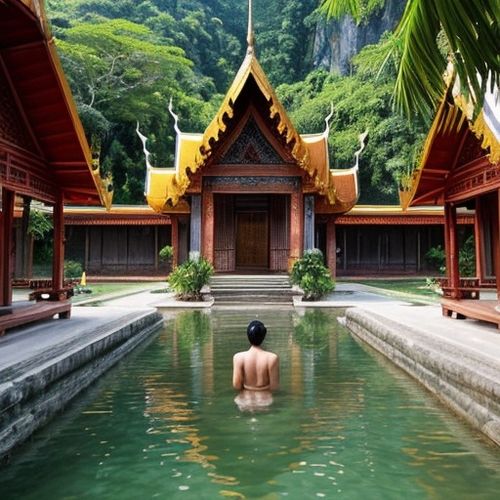
By Olivia Reed/Apr 19, 2025
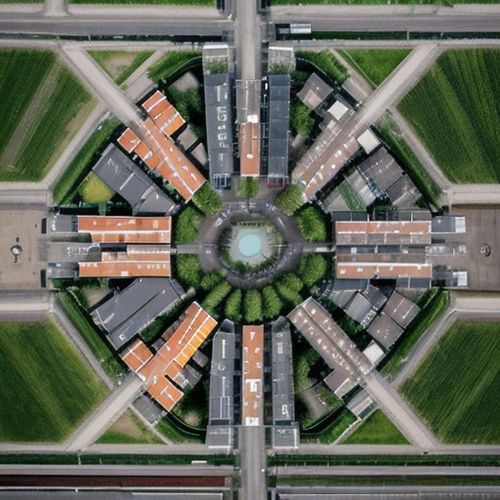
By Megan Clark/Apr 19, 2025

By Michael Brown/Apr 19, 2025

By William Miller/Apr 19, 2025
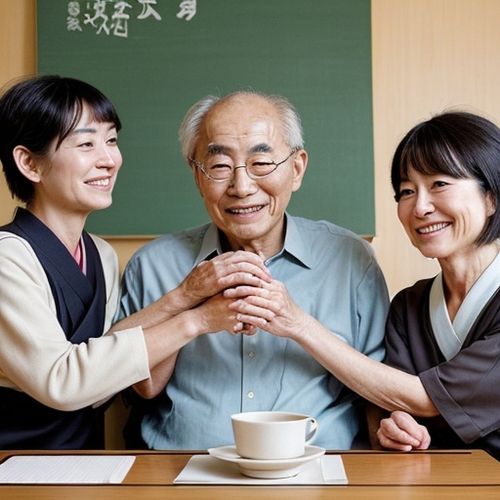
By Sarah Davis/Apr 19, 2025
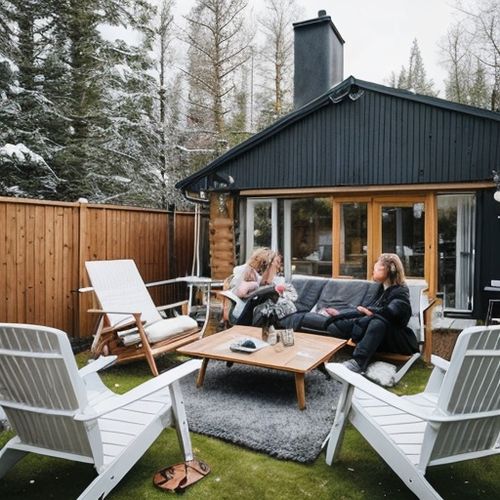
By Joshua Howard/Apr 19, 2025
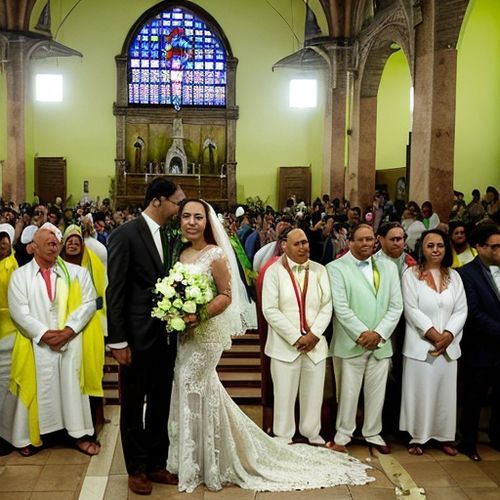
By Ryan Martin/Apr 19, 2025

By Eric Ward/Apr 19, 2025

By Jessica Lee/Apr 19, 2025
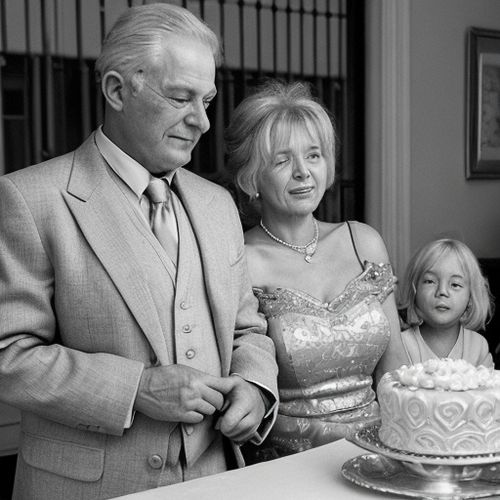
By David Anderson/Apr 19, 2025